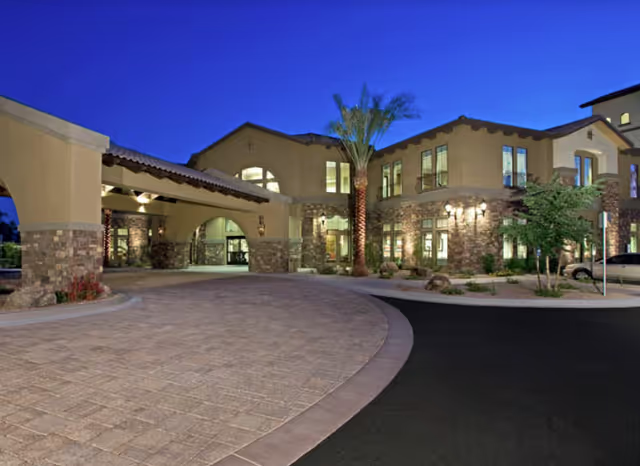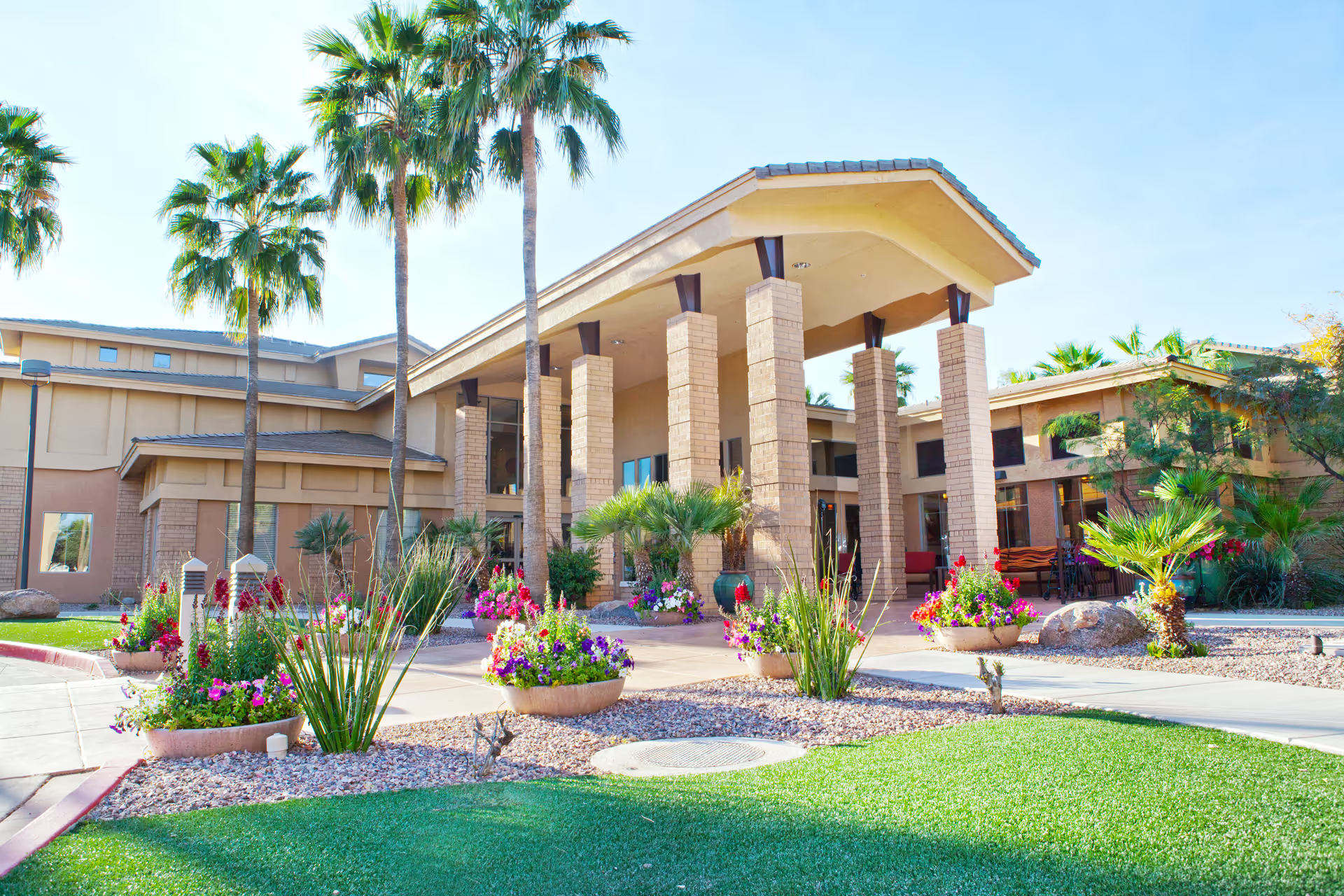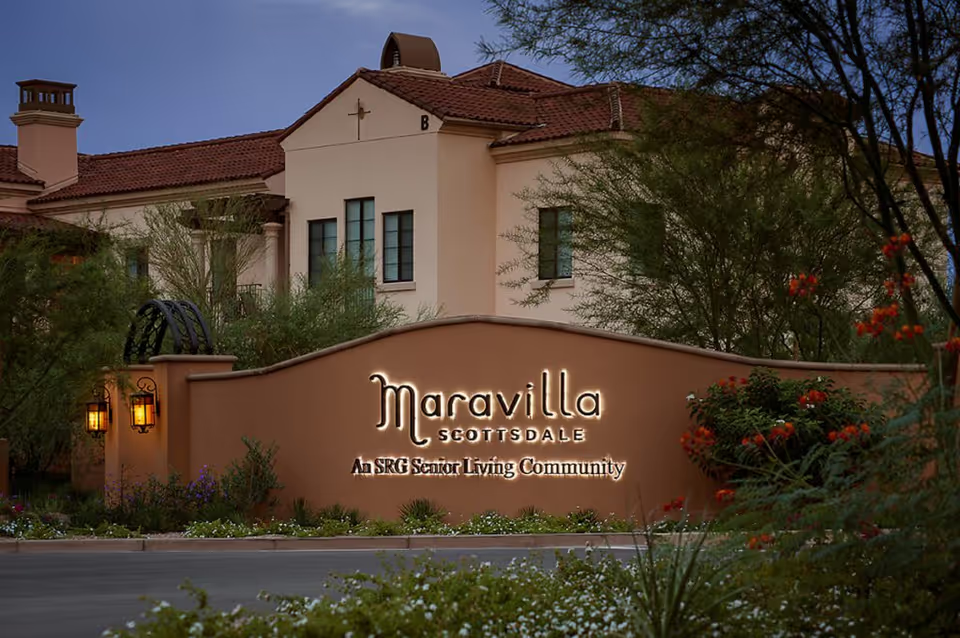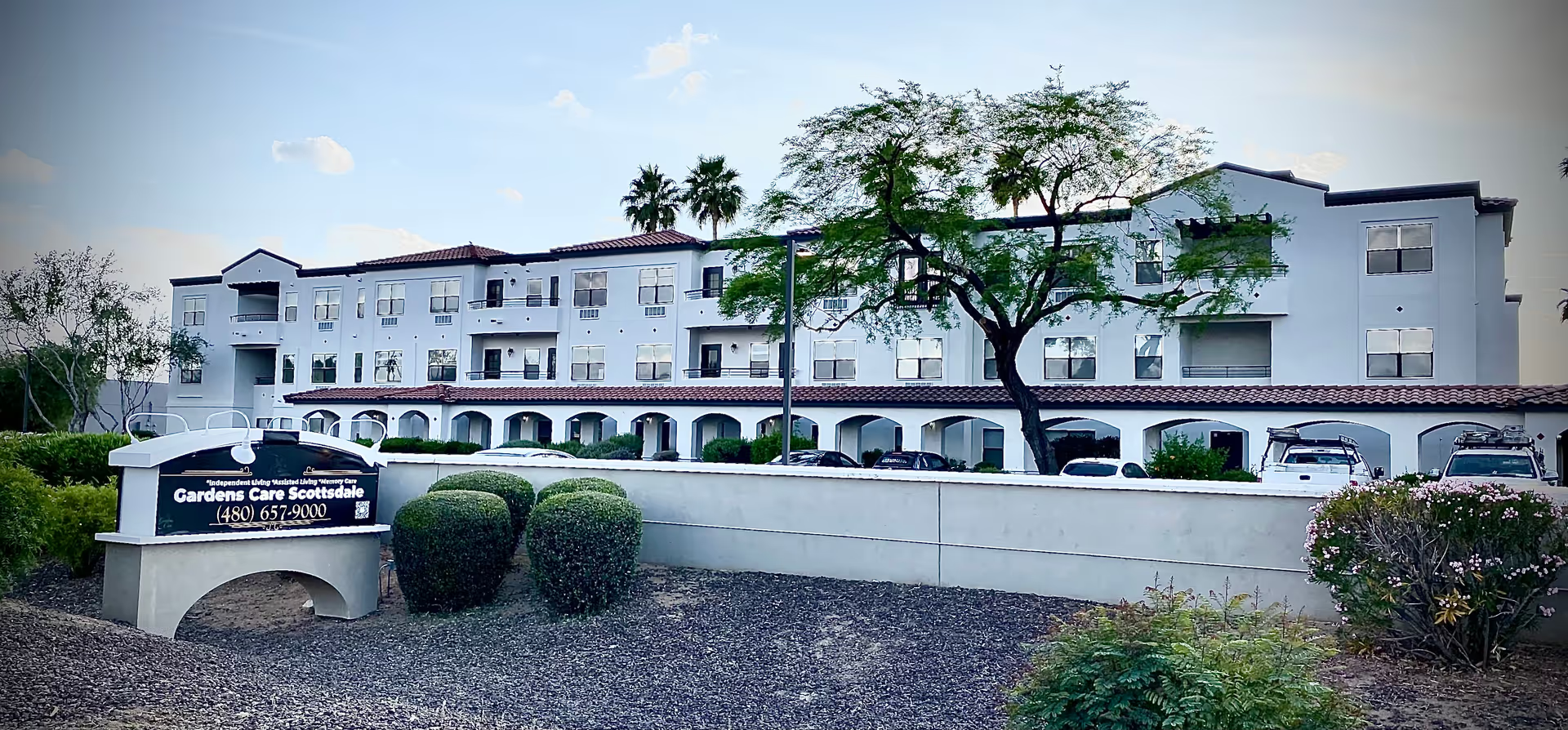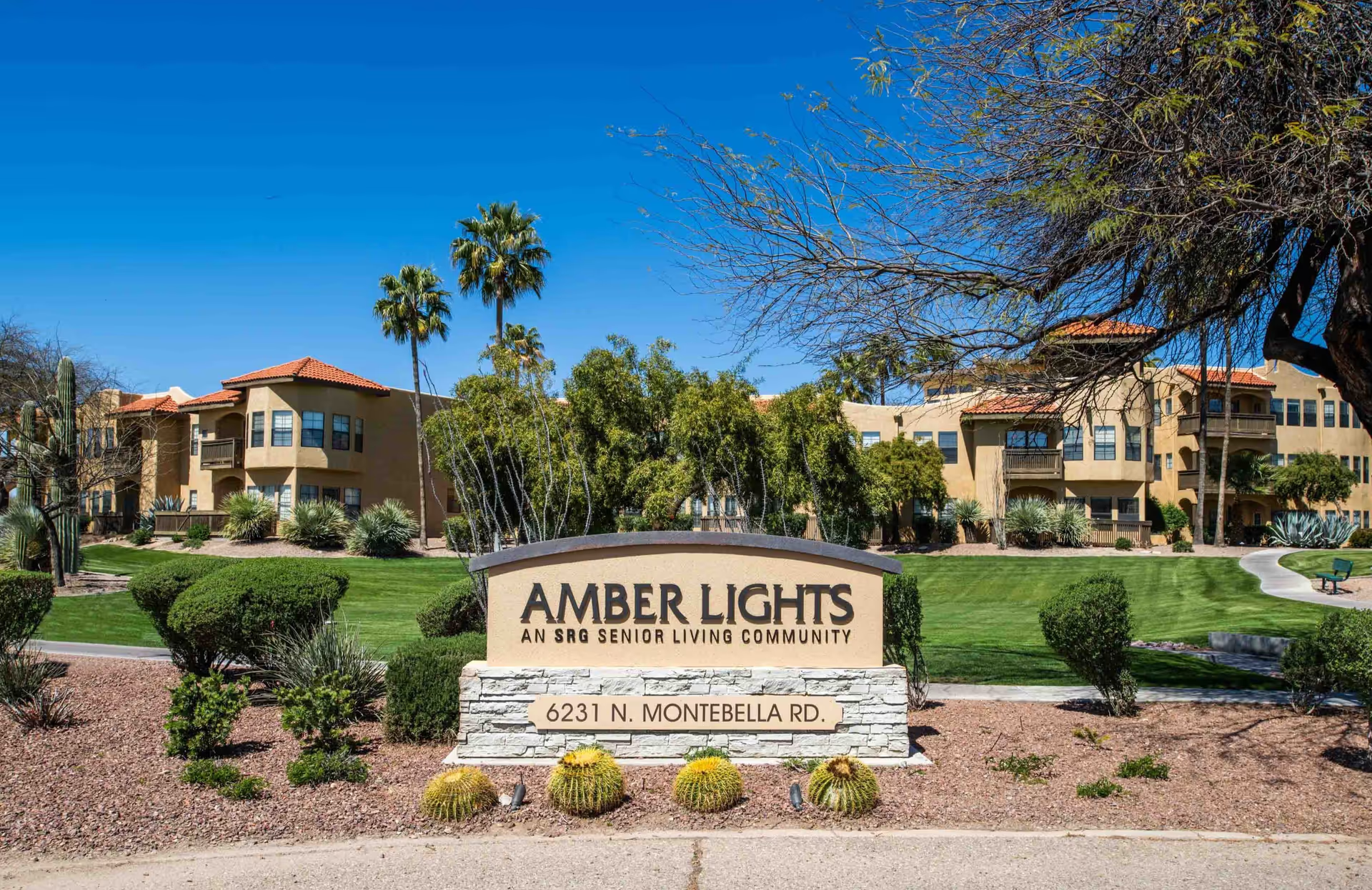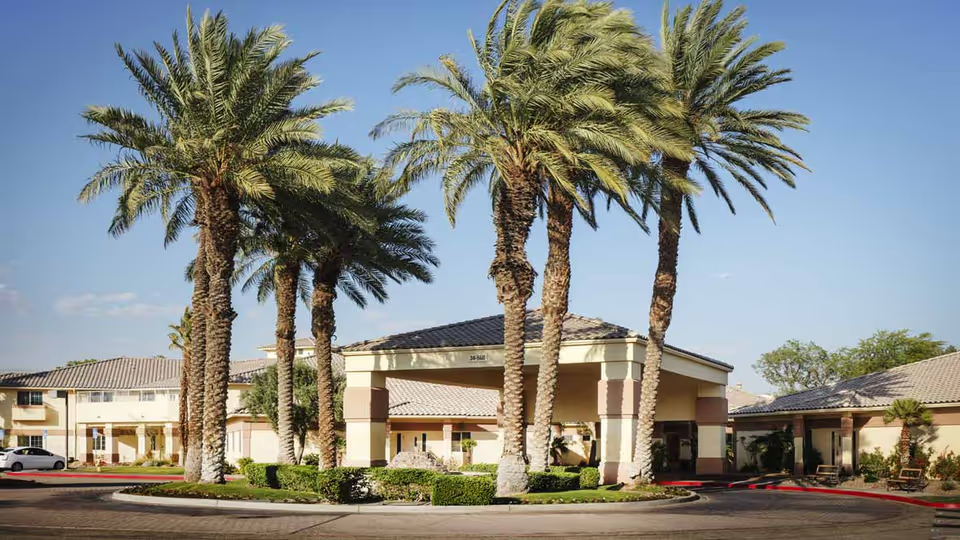Overall sentiment across the reviews is strongly mixed but leans positive: many reviewers praise The Groves Assisted Living & Memory Care for its modern, well-kept facility, extensive amenities, and a broadly caring, friendly staff. The building itself receives consistent compliments — described as new, bright, tastefully decorated and immaculate, with attractive indoor and outdoor spaces (courtyards, fireplaces, balconies), numerous communal amenities (hair salon, movie theater, game room, exercise area, library) and helpful practical features in apartments (individual AC units, open kitchens or kitchenettes). Many families and residents highlight smooth move-ins, personalized tours, welcome packages, a visible front-desk presence, and an overall resort-like or homey atmosphere that encourages socialization and reduces loneliness.
Staff and caregiving receive the most frequent praise: reviewers repeatedly call staff professional, kind, attentive and personable. Numerous comments cite specific staff members (front desk, med techs, activity directors, chefs) and convey appreciation for caregivers who ‘‘go above and beyond.’' The community is frequently lauded for its proactive communication, weekly updates, responsiveness to concerns, and family engagement. For many residents the dining experience is a standout feature: restaurant-style, chef-driven meals, flexible anytime dining (commonly noted 7:00 a.m. to 7:00 p.m.), a wide menu variety and special events around food receive high marks. The activity program is also a strong point, with many events (bingo, church services, fashion shows, outings, holiday celebrations, live music) that families say keep residents active and socially engaged.
However, a consistent and significant theme is staffing and care inconsistency. Multiple reviewers report understaffing, high turnover and caregivers being overworked, which some families link to lapses in direct care (slow responses to calls, delayed repositioning, missed medication or feeding monitoring). Several reviews describe serious failures: alleged neglect, pressure sores, poor assistance with transfers, or other care deficiencies that led families to move loved ones out and even to recommend filing neglect charges. Safety incidents (falls, delayed caregiver response) and issues with medication access or processing through facility pharmacies are raised enough times to be notable concerns for prospective families. While many point to exceptional individual caregivers and nurses, the variability in staff performance and staffing levels is an important risk factor mentioned by many.
Management and operational issues form a third major theme with mixed impressions. A number of reviews praise management and directors for professionalism, transparency and rapid responsiveness, attributing positive changes to new leadership. Conversely, several families report decline after management changes or corporate takeovers — citing cost-cutting, reduced food quality, fewer outings, stopped programs, billing disputes, and less attentive administration. Administrative inefficiencies include billing after death, delayed refunds, credit-check/contract delays, and inconsistent communication when care levels change. Communication gaps also surface between on-site medical staff and outside specialists in isolated instances, which affected medication timing or treatment coordination for some residents.
Memory care receives both praise and criticism. Many reviewers compliment memory care staff for attentiveness, warmth and knowledgeable care that created a safer, structured environment. Yet some families find the memory-care unit ‘‘hospital-like,'' lacking in variety or a homey feel, and criticize one-size-fits-all programming. Dining in memory care is occasionally singled out as less palatable or less varied than assisted living dining. These mixed reports suggest that while the facility offers memory care options and strong individual caregivers in some cases, experiences vary and families should evaluate memory-care-specific programming, staffing ratios and environment personally.
Dining and activities are overall a selling point but show variability over time and by unit. Numerous positive reports highlight Chef-led menus, engaging service, long meal hours, and special events. Still, complaints about degraded food quality, late or missing meals, restocking delays, and reduced outings after management changes indicate inconsistency. Prospective residents should confirm current dining practices (times, menu rotation, COVID protocols) and check service reliability on the unit they are considering.
Recommendations and patterns to note: the most consistent positives are the facility’s appearance, amenity set, many compassionate staff, and active programming that many residents enjoy. The most important cautionary signals are reports of understaffing/high turnover, isolated but severe allegations of neglect or poor care, administrative/billing issues, and inconsistent memory-care atmosphere and dining quality. Because experiences are polarized — with families reporting both excellent care and very serious problems — prospective residents and families should conduct an in-person visit focused on staffing levels at different times of day, observe mealtimes and activities, meet key caregiving and management personnel, review medication and emergency response processes, and ask for recent staffing and inspection records. Checking references from current resident families in the specific unit (assisted living vs memory care) and clarifying contractual billing and refund policies are also important steps.
In short, The Groves offers an attractive, amenity-rich, well-maintained environment with many dedicated staff and strong social and dining programs that satisfy numerous residents and families. At the same time, reported variability in staffing, occasional operational failures, and a minority of serious care-related complaints mean due diligence is required: verify current staffing and care practices, ask pointed questions about memory care and medication handling, and confirm administrative/billing procedures before making a move-in decision.
